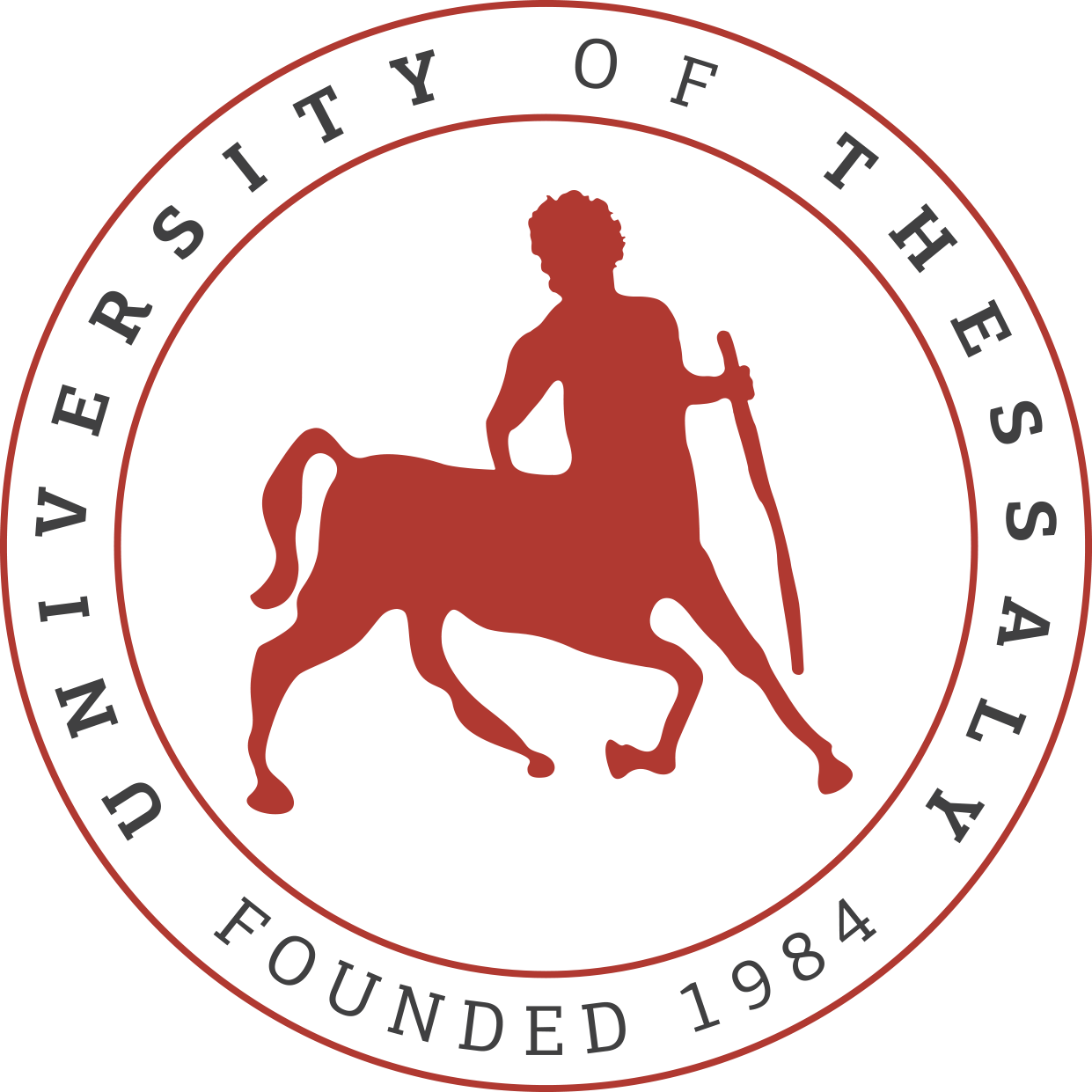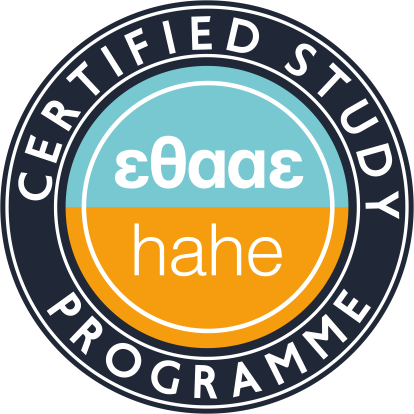Theatre/Drama in Education: Theories and methods
Course Code (in greek): ΚΤ1433
ECTS Units: 6
Semester: 3, 4
Professor: Katsaridou Martha
Course description
The course aims at introducing students to the field of Theatre/Drama in Education as theory and practice. Theory is intertwined with practice through theatre/drama workshops. The field is theoretically explored, focusing both on its roots in theatre and on its basic influences from education theory. Significant theories and methods of the field are critically examined with an emphasis on the development of the field in United Kingdom from the 1950s onwards, its expansion at an international level and its continuous evolution through the practices of contemporary performing arts and professional theatre. In terms of practice, students are introduced to several forms of Theatre/Drama in Education, so that they would be able to choose the one that meets the needs of every artistic, pedagogical or social event as well as be able to plan, facilitate and evaluate theatre activities and workshops.
Learning outcomes
Upon successful completion of the course, students are expected:
- to know and critically comprehend the multidimensional connections of the theatre arts and education theory with the field of Theatre/Drama in Education.
- to theoretically and practically delve into the most important forms of Theatre/Drama in Education.
- to acknowledge the contribution of Theatre/Drama in Education to the cognitive, emotional, social and aesthetic development of the child and the individual in general.
- to acquire the knowledge and skills the role of a facilitator requires, that is to be able to plan, facilitate and evaluate theatre activities in Education within or outside the Curriculum.
- to facilitate the research, analysis and evaluation of their own theatre work and their colleagues for the development of their critical and creative thinking.
- to treat the forms of Theatre/Drama in Education as a means of educational research and as an alternative way of evaluating students, the educational process and their work.
- to familiarize themselves with the criteria required for evaluating theatre performances for children and young people and to be able to approach them through Theatre/Drama in Education practices.
Assessment:
Written exams at the end of the semester and group assignment (group presentation & written paper)
Teaching methods
Theatre/Drama workshops, Lectures (using ppt and video), discussion, reflection.


